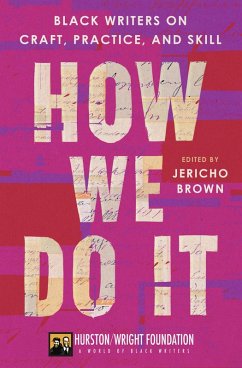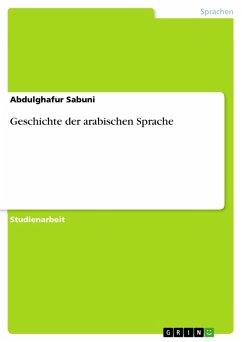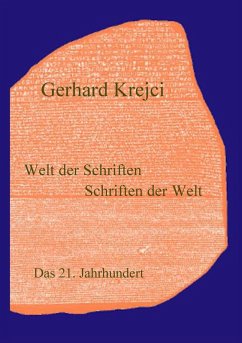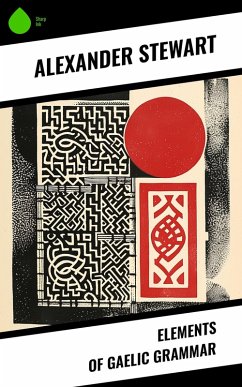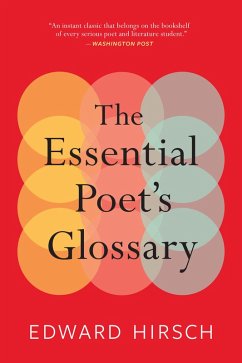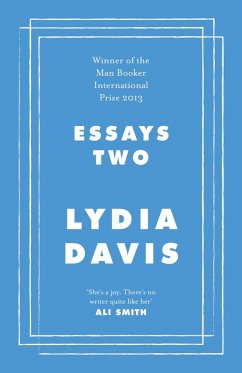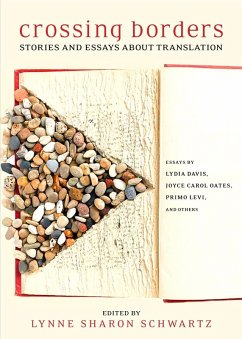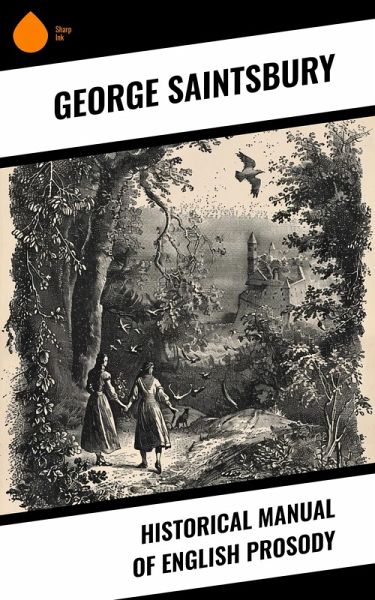
Historical Manual of English Prosody (eBook, ePUB)
Versandkostenfrei!
Sofort per Download lieferbar
2,04 €
inkl. MwSt.
Weitere Ausgaben:

PAYBACK Punkte
0 °P sammeln!
George Saintsbury's "Historical Manual of English Prosody" serves as an authoritative exploration of the rhythm and metrics that have shaped English poetry throughout the ages. This meticulously crafted text delves into the evolution of prosodic forms, analyzing their cultural and historical significance. Saintsbury's rich prose, infused with erudition, invites readers into a nuanced understanding of meter, rhyme, and the intricate dance of sound within verse, spanning from Old English to the contemporary period. His scholarly approach illuminates the aesthetic and functional aspects of prosod...
George Saintsbury's "Historical Manual of English Prosody" serves as an authoritative exploration of the rhythm and metrics that have shaped English poetry throughout the ages. This meticulously crafted text delves into the evolution of prosodic forms, analyzing their cultural and historical significance. Saintsbury's rich prose, infused with erudition, invites readers into a nuanced understanding of meter, rhyme, and the intricate dance of sound within verse, spanning from Old English to the contemporary period. His scholarly approach illuminates the aesthetic and functional aspects of prosody, establishing a broad literary context that resonates with poets, scholars, and enthusiasts alike. George Saintsbury, a distinguished literary critic, historian, and scholar, dedicated his career to the study of English literature and its historical frameworks. A professor and an avid advocate for the appreciation of poetic form, he drew upon his extensive familiarity with both classical and contemporary works to craft this manual. His background in philology and literature reflects a profound understanding of the mechanics underlying poetic expression, which undoubtedly inspired him to compile these comprehensive insights. For readers eager to deepen their appreciation of English poetry, "Historical Manual of English Prosody" is an indispensable resource. It not only elucidates the foundations of poetic rhythm but also celebrates the artistry embedded in the language. Scholars, poets, and literary enthusiasts will find this work an essential guide that enriches their engagement with the beauty and complexity of English verse.
Dieser Download kann aus rechtlichen Gründen nur mit Rechnungsadresse in A, B, BG, CY, CZ, D, DK, EW, E, FIN, F, GR, HR, H, IRL, I, LT, L, LR, M, NL, PL, P, R, S, SLO, SK ausgeliefert werden.




